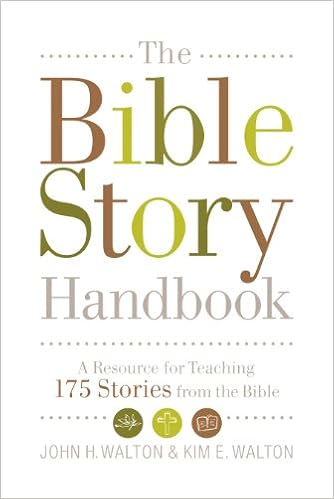
The
Bible Story Handbook by John and Kim Walton
This new book by John and Kim Walton called The Bible
Story Handbook is a great resource for those wanting to teach the Bible to
children but are concerned about interpretation and application. The book is divided up into 175 stories
starting in Genesis and ending in Revelation that combine sections on focus,
application, interpretational difficulties, context and background. Main takeaway points are in bullet points
with succinct ideas that come from the text.
What is apparent in the reading of each story is that the Walton’s took
time to focus specifically in interpretation difficulties that connect with the
main points of application. In turn,
what you get is a well thought out synthesis of the biblical story that is God
glorifying and edifying for the church.
One of the last sections in each biblical story that
the Walton’s look at is labeled Mistakes to Avoid. In looking at Genesis 42-50, the authors
mention something that is well worth repeating, namely, “Even though Joseph was
the instrument of God who brought deliverance from the famine, we need not
think that God approved of everything that Joseph did or that we should imitate
him as a biblical model. His policies for Egypt did not focus on sharing; they
focused on redistribution. They certainly should not be considered a biblical
model for economic policies today. One might also question Joseph’s strategy as
he interacted with his brothers. He was not showing love to them; he was
testing them. The text does not seek to approve or condemn it simply reports
(90).” The text does report the actions
of Joseph but fail to give a moral thumbs up or thumbs down. It is healthy to see that everything that
Joseph did was not always faithful to the living God. I say this because we often want to put our
biblical men and women upon pedestals, failing to see their failings also. But, in the end, as John indicates, the
narrative of Genesis 42-50 is more concerned with God’s actions than it is with
Joseph’s family.
I hope you will enjoy this book as I did as a
resource to use in church but also as a way to get kids at home interested and
sustained by the story of the Bible.
Thanks to Crossway for the copy of this book in
exchange for an honest review.
Comments
Post a Comment